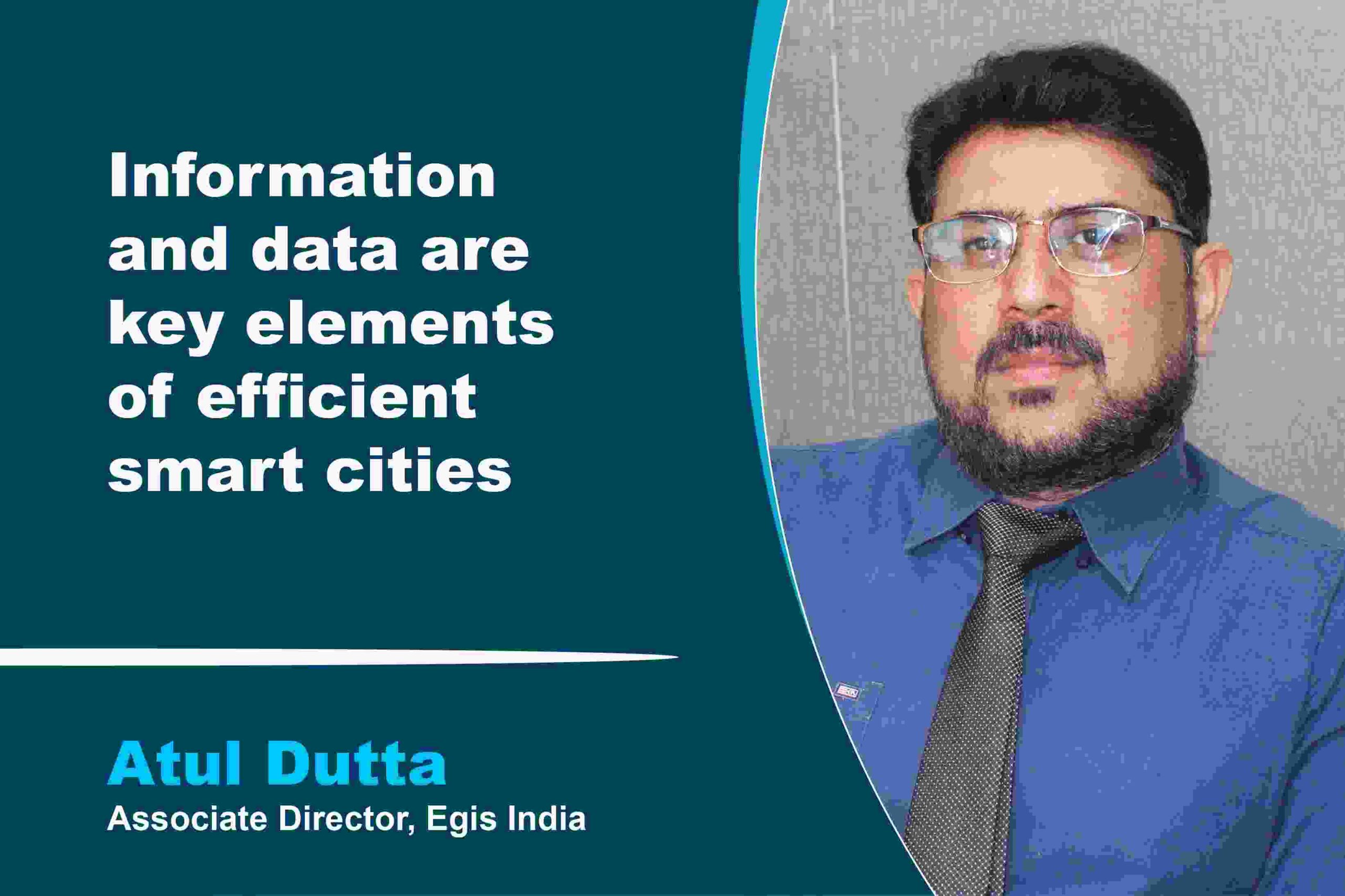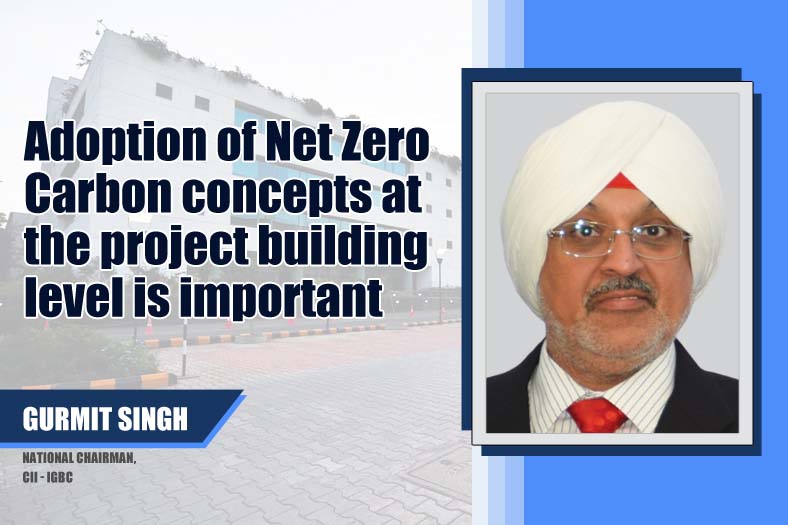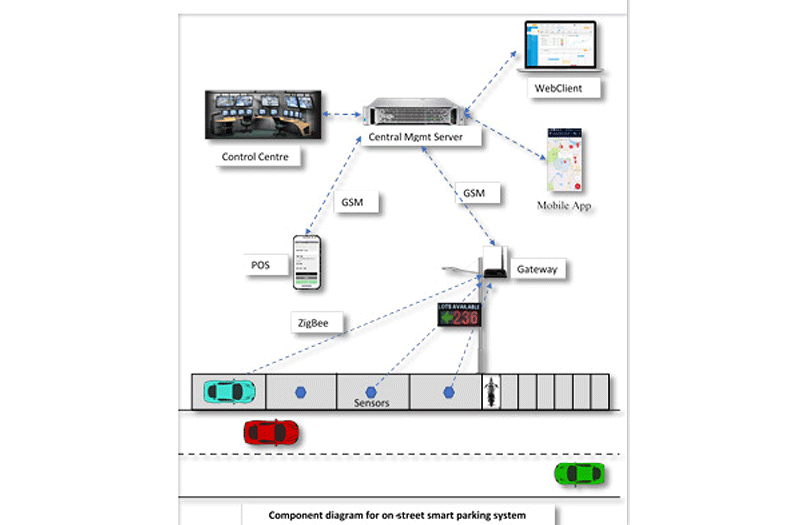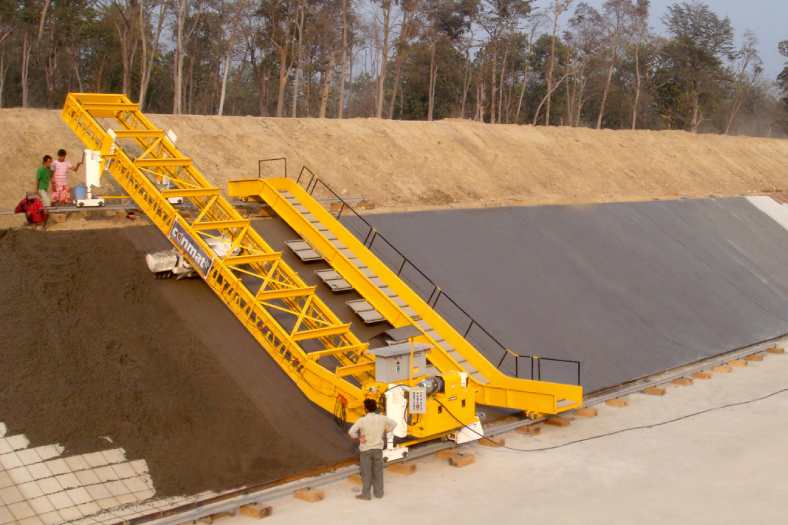Zeroing in on home automation
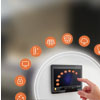
“Smart homes integrate safety, technology-based communication and intelligent monitoring to improve the building efficiency”
Luxury facilities like home automation, sports facilities and infinity pools have been showing up in the priority lists of more and more discerning home buyers in India. Today’s customers are very specific about their requirements; these go quite a bit beyond just the location, which used to be more or less the fulcrum of the traditional home buying process. Contemporary luxury home buyers in India are well travelled, highly-educated individuals who have great expectations from the homes they choose to invest in.
The fact that home automation has become a very important criterion for them is a natural extension of this fact. Empowered with more disposable income, India’s growing middle class is looking for a lifestyle that addresses their needs for efficiency, functionality and sustainability. The Indian real estate sector has come a long way in terms of infrastructure and technology. Smart homes are one of the rising concepts that have the potential to bring in radical changes and create better opportunities for the real estate developers.
What drives the wave for home automation?
• Home automation technologies represent the next level of evolution in the residential sector. After the hospitality sector, residential real estate has the maximum demand for automation which delivers higher levels of comfort, convenience and sustainable practices.
• There are quite a few factors working in favour of home automation in India today:
• More and more home buyers have started looking for automation add-ons in residential buildings, including features like 24×7 surveillance, biometric registration/entry, door sensors, temperature sensors, smart appliances, etc.
• Since Indians are quite conscious about energy costs, modern home buyers are ready to spend more on security systems and other ‘smart’ luxury accoutrements and automated controls which help regulate the consumption of utility services and reduce the overall bills.
• Just a few years ago, home automation was largely limited to high-end buildings and commercial apartments. However, the concept has now trickled down to the upper
mid-range homes category, as well.
• Globally, residential real estate developers have been adopting smart technologies very proactively. In India, offering home automation is something that helps developers to place their brands above the rest of the pack.
Home automation has also become a defining sales tool for real estate players. Smart homes integrate safety, technology-based communication and intelligent monitoring to improve the building efficiency. It further facilitates multidisciplinary collaboration that brings in marked improvements in the lifestyle of the occupants.
Highly sustainable
Modern home buyers are very conscious of the carbon footprint they leave behind, and are looking for ways and means to reduce it. Developers can use home automation as a means to address the issues of climate change, rising energy bills, resource depletion, safety, health, hygiene and other environmental concerns.
Not surprisingly, several leading developers across the country now offer home automation to their customers. We are only seeing the first wave of this growing trend – in the future, home automation will become a norm, rather than just a differentiated offering. India’s rapid adoption of global best practices as part of its evolution as a leading stakeholder in the global village will only aid this process.
Authored by:
Arvind Jain,
Managing Director,
Pride Group
Cookie Consent
We use cookies to personalize your experience. By continuing to visit this website you agree to our Terms & Conditions, Privacy Policy and Cookie Policy.






